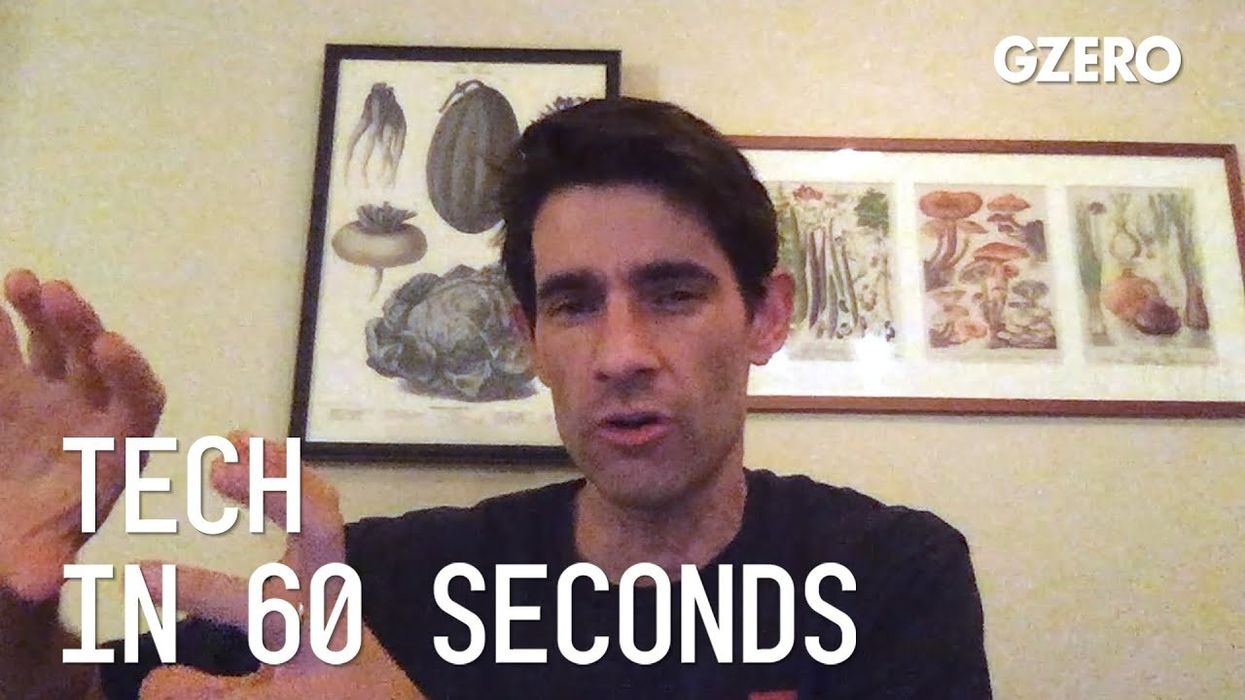GZERO World with Ian Bremmer
Data privacy before and after a pandemic
Marietje Schaake, former EU Parliament Member and international policy director of Stanford's Cyber Policy Center, explains how Singapore and China used surveillance to track COVID-19 and what it could mean for the US.
May 11, 2020


